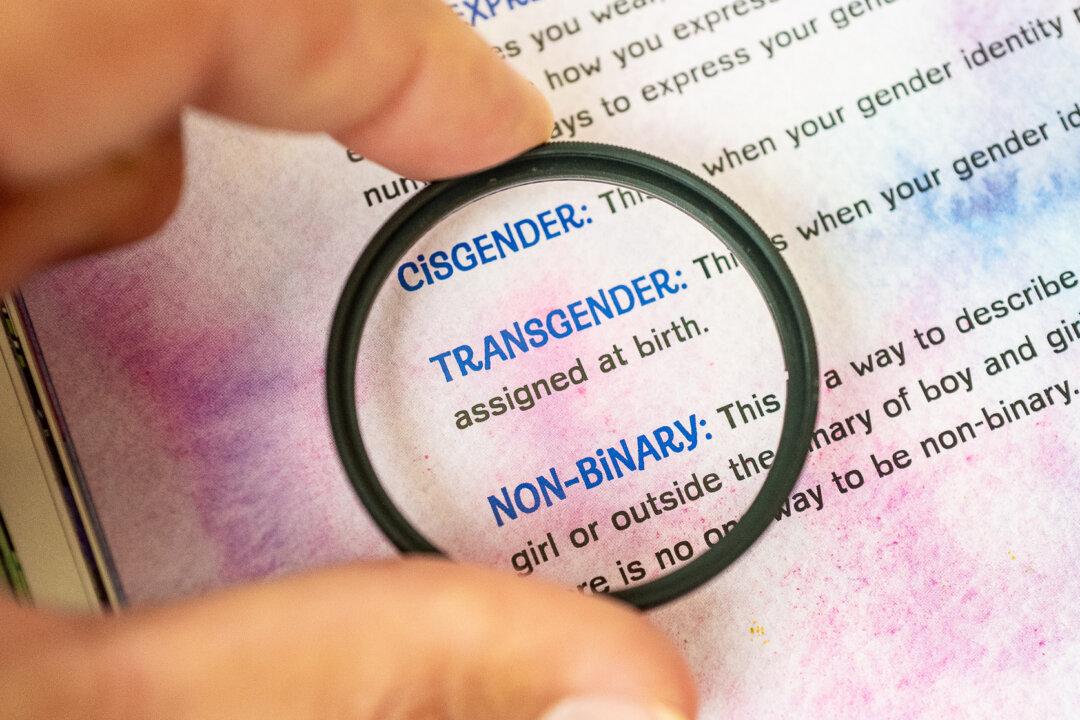On Wednesday, West Virginia Gov. Jim Justice signed a bill banning transgender procedures for minors into law in the state. However, it comes with exceptions that sometimes allow for treatments to be administered.
The law, which goes into effect in January 2024, lets doctors prescribe puberty (hormone) blockers or hormone therapy if the minor is considered at risk of self-harm or suicide.




